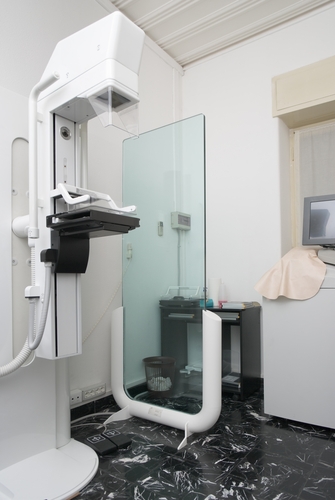With Stage 3 of the U.S. Centers for Medicare and Medicaid Services' Meaningful Use program awaiting approval, health care providers are left to focus on meeting the previous stages' criteria. Increasing patients' use of online portals remains a top priority for the CMS and doctors. While levels may not yet be where the organization wants them to be, better engagement offers both patients and physicians benefits to improve health care and increase the use of electronic health records.
EHR implementation increases patient engagement, satisfaction
In a recent survey by Accenture, researchers discovered that doctors see higher instances of patient engagement and satisfaction when allowed to update their own medical records. Of the 601 American health care providers interviewed, 82 percent said they saw increased patient engagement, and 81 percent claimed the people they met with were more satisfied. Nearly 75 percent of physicians reported that patients understood their health conditions better and communicated with their doctors more through EHR software.
These results lead to multiple benefits for both medical providers and patients. When the latter actively participate in patient portals to view their EHRs and hold conversations with their physicians, they are better able to take care of themselves. According to the Healthcare Information and Management Systems Society, people are more likely to live healthfully and manage their conditions when they are engaged in their own health care. They end up paying 21 percent less on medical bills than their inactive counterparts and experience fewer hospitalizations.
Increased knowledge could further MU program
Despite EHR software's benefits, the system does have a few obstacles standing in its way. Stage 2 of MU requires that a single patient access his or her medical record using the patient portal, but the proposed Stage 3 calls for 25 percent of a health care provider's patients to do so. If approved as is, the final stage for EHR implementation could cause setbacks for medical professionals, EHRIntelligence.com explained.
Hospitals and practices may be able to solve this issue by providing in-depth information about the abilities of EHRs and online portals. While many people use the online resource for refilling prescriptions and medical appointment scheduling, approximately 50 percent of patients were unaware they could access their health records electronically, according to the HIMSS. To further engage patients in their own health care, medical providers will need to further educate people about the software. During its implementation is the perfect time to do so.
"The concept of the patient as a consumer is poorly understood in healthcare," Kaveh Safavi, global managing director of Accenture's health business, said in the HIMSS report. "Looking forward, these customer-centric models will become an inevitable reality for healthcare, but health systems have a small window of time to leverage them as a differentiator before they become mainstream."
By getting people involved in their health care early on, doctors can ensure the success of MU implementation and improve the conditions of their patients.
Contact Viztek for more information.
Ronny Bachrach
Latest posts by Ronny Bachrach (see all)
- Konica Minolta Debuts First-of-Its-Kind Digital U-Arm System at AHRA - July 27, 2016
- Researchers Detect Signs Of Stroke Risk Using MRI - June 27, 2016
- Imaging Biz: Q&A with David S. Channin MD: How to Make PACS Patient Centered - June 22, 2016










